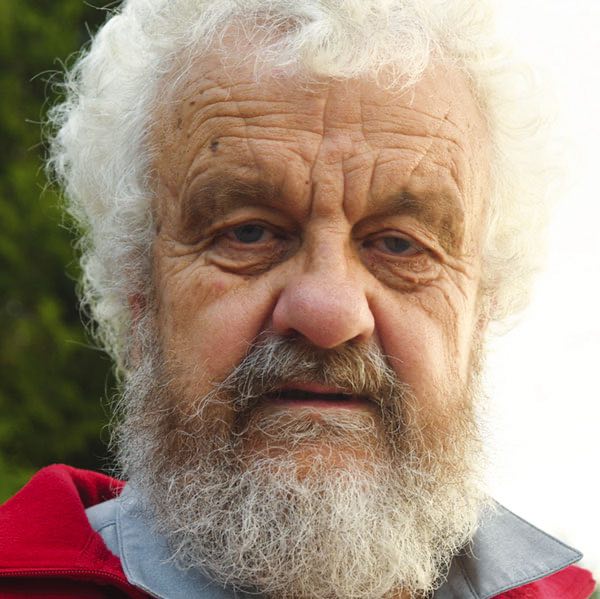Our new editor of the Post asked me an interesting opening question: “What made you decide on the role of deacon as a career?” It took me several perplexing years to discern that I didn’t really have a “career optimization” choice. I could understand what most deeply fulfilled me, and in part why, and then decide whether to accept or ignore it. People of the church told me that they saw a religious calling struggling to emerge. Their discernment strengthened my resolve to try this new path, with its consequences and mystery. A dog is not a cat, though both are lovable, and a deacon is not a priest. Increasingly, in this pandemic year, I see deacons as primarily called to work towards the second great commandment — to love your neighbour as yourself — and the priest is called to work for the first: to love the Lord our God with all our heart and soul and mind. Yes, we must do both and more besides, but these are the deepest, most fulfilling tasks for priests and deacons alike.
Like almost all deacons, my work began outside the church — always coloured by a desire for service to others. I was born in Nanaimo and grew up in Port Renfrew and Ladysmith. Our father raised my brother and me after our mother died of asthma. Our little rural communities had open doors to these two motherless boys. I craved exploration, internally and externally, and during university took three years to travel through Central and South America, canoe much of the way from Alberta to Montreal, and explore north of Yellowknife. After receiving an MBA from Harvard, I could have worked in the private sector, but I felt no sense of fulfillment at the prospect of competing for financial rewards. It wasn’t evil, just bland rice pudding. Most of my career was in government, primarily environment and protected areas, and it concluded with very intense work to help create the Great Bear Rainforest (GBR). The GBR covers both forests and the ocean, and is home to First Nations and working people similar to the ones I knew during my youth. In 2006, I left the provincial government and began working for the Nanwakolas Council, which was formed among the southernmost First Nations in the GBR.
The religious stream in my life began inauspiciously when, on my 12th birthday, I refused to be confirmed because the intellectual case for Christianity did not fully satisfy me. Many years later, my wife took our children to the Anglican church. In 1997-98, our family volunteered for eight months in Danli, Honduras, with an Anglican missionary. I volunteered for the non-religious work, but had time to consider the religious response to life’s mysteries. Although I still didn’t fully accept the intellectual case, I decided to walk the Christian path and took my first communion in a tiny adobe church in Corral Quemado, Honduras. The pull gradually intensified towards more, then ordained Christian ministry — it certainly was not my conscious choice. I explored ministry as a priest. It did not resonate — “bland rice pudding.” So, I tried walking away, but God is persistent. I explored ministry in Honduras, but again it did not resonate. It was a complex path that led me to the GBR work, and at first, I expected that a religious vocation required withdrawal. Only as I got closer to ordination in November 2008 did I understand my GBR work as a deacon’s call to serve the marginalized and creation.
Our Anglican church is blessed in many ways, some of them showing as challenges. We can enrich the people who are spiritual but not religious by showing the glory and grief of spirituality in community — will we be that bold? It is so comfortable waiting for them to come to us, and so ineffective. Our church formation 500 years ago assumed that religious leadership and government leadership should be deeply intertwined — experience from Europe and then Iran suggests this is a dangerous path. That means we should not seek authority, but we do offer hard-earned experience in sin, repentance and renewal. Does the church have the courage to live as deacons are called to live: on the margins between power and those affected by power?
The vision of people and the environment in the GBR will take many more generations to fulfill, but my small contribution is complete. Again, without conscious choice, I feel pulled towards ministry in pilgrimage — especially as a way to better understand our humanity within creation — and spirituality in community, which is my understanding of religion. The pandemic put that on hold, but God is persistent, and so should I be.



